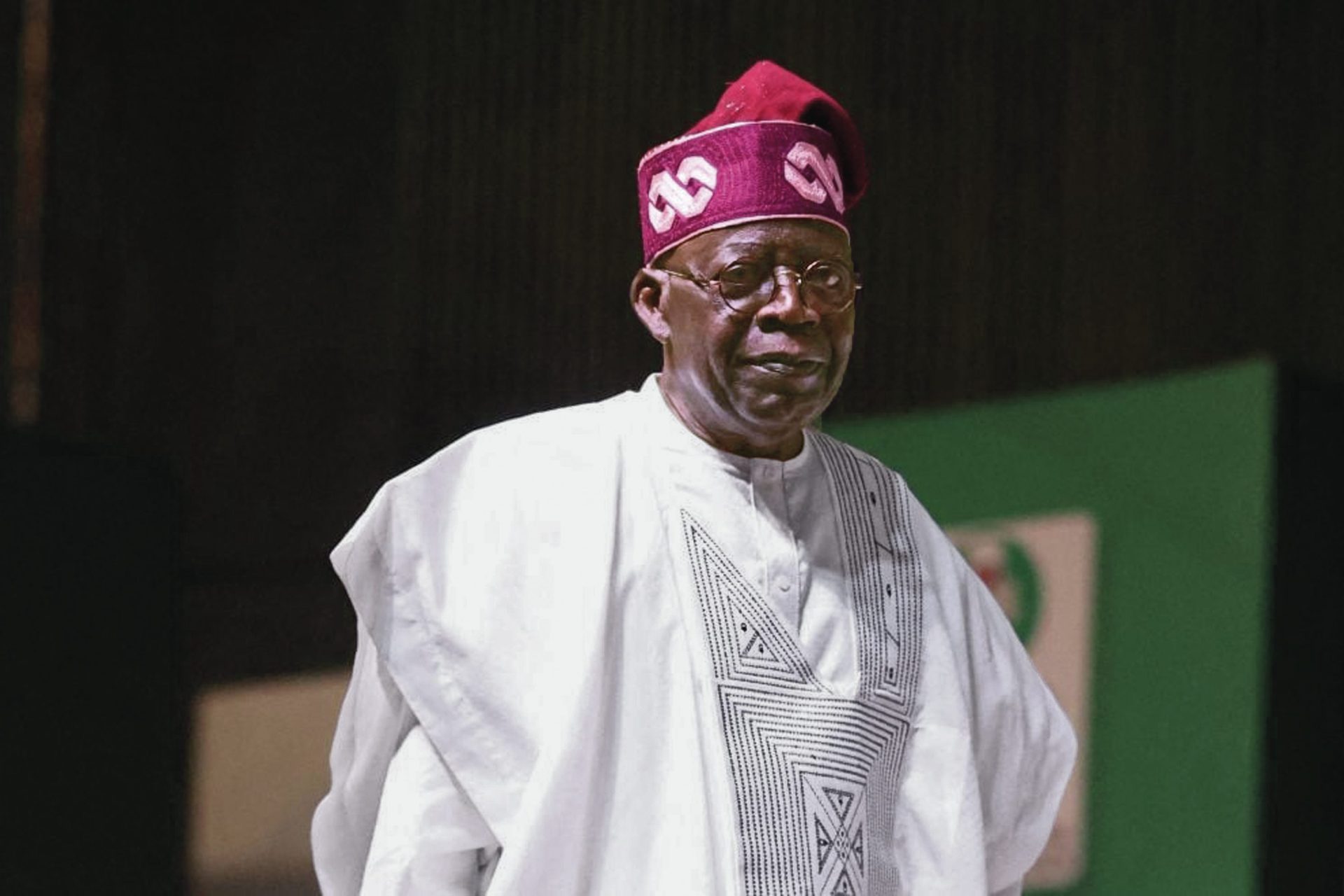In Nigeria, President Bola Tinubu announced an increase in the country’s lowest salaries, from 37 euros to the equivalent of 67 euros per month over the next six months. After coming to power in May, Tinubu liberalized the economy resulting in a tripling of fuel prices, 25% inflation, and an acceleration of the depreciation of the national currency, the naira. “A painful but necessary reform to win the future,” he said. The brutal increase in fuel prices is having a far greater impact than just on individual and collective transportation, because many companies and citizens use small oil-powered generators to produce the electricity they need, and because Nigeria does not produce enough energy to meet its needs. . With these measures, the government was able to convince the two trade union federations to cancel the unlimited national strike. Nigeria is Africa’s largest economy and one of OPEC’s most prominent members, but due to a lack of refining capacity, it must import the vast majority of the fuel it needs.
This news seemed ordinary, even praiseworthy, as one can imagine the hardships the most deprived families go through daily for simple survival, but lo and behold, President Tinubu himself has just published a supplementary budget with an additional expenditure of $38 million for survival. Purchasing a new presidential yacht, as the fleet renewal affects the president. The 460 representatives of the National Assembly were also given a new four-wheel drive vehicle worth $150,000 each “to help them improve their work” – raising concerns that the popular uprising could become more violent.

“Wannabe internet buff. Future teen idol. Hardcore zombie guru. Gamer. Avid creator. Entrepreneur. Bacon ninja.”

